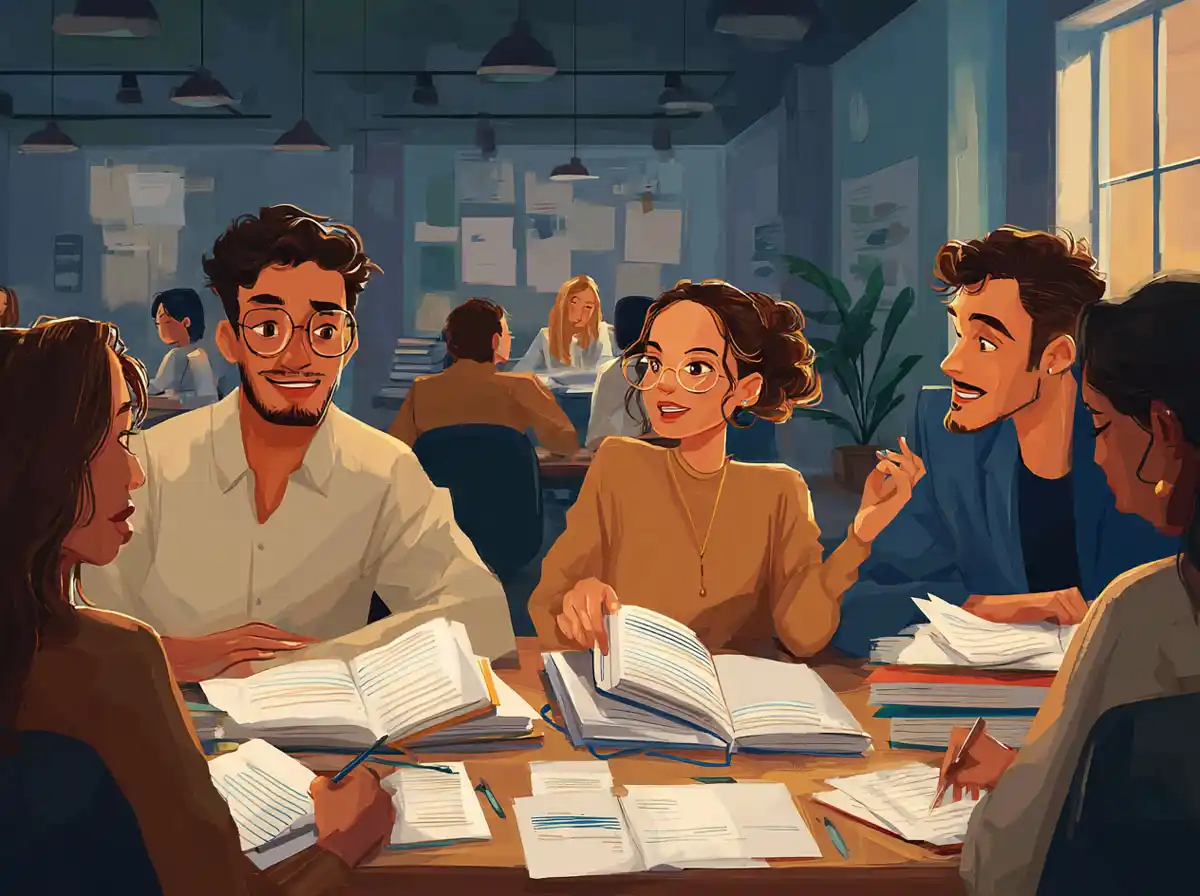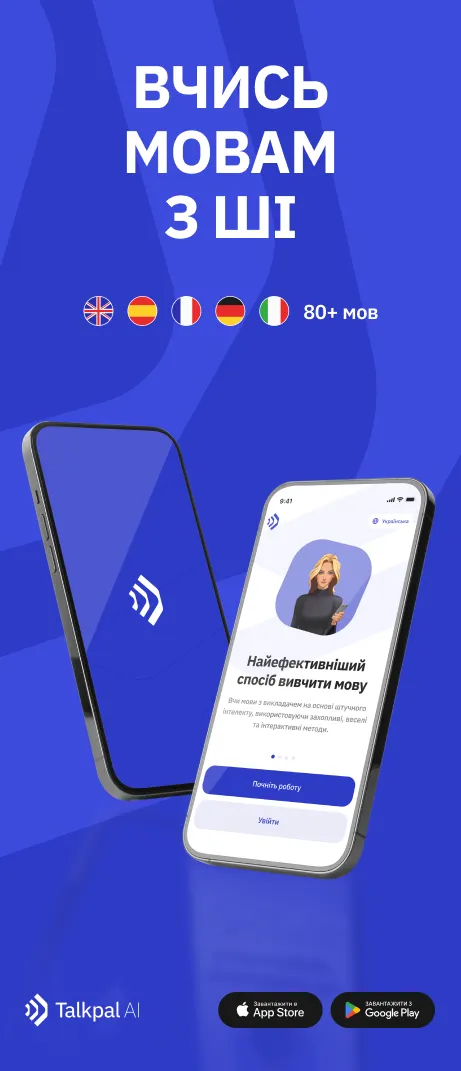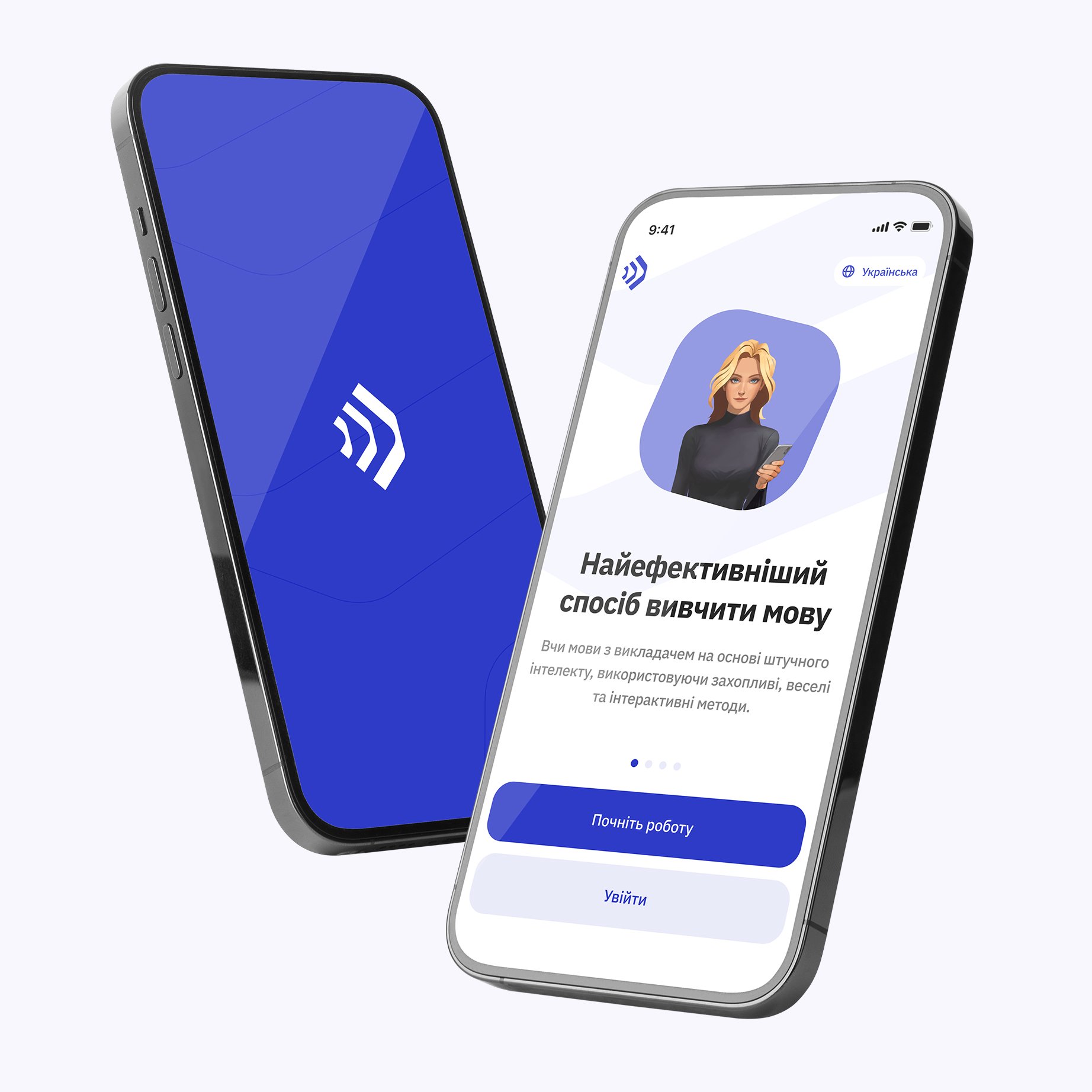Цей розділ містить вправи на відрізнення та правильне використання часів Simple Past та Past Perfect. Вправи розроблені таким чином, щоб допомогти студентам застосовувати ці два часи в англійських реченнях. Завдання полягає у вставлянні правильної форми дієслова у минулому часі у подані речення. Це значно покращить ваше розуміння цих часів і здатність їх використовувати.
Exercise 2: Simple Past vs. Past Perfect
After the company *had announced* (оголосила) layoffs, many employees started looking for new jobs.
The children *played* (гралися) in the park before it started to rain.
She *had taken* (взяла) Spanish lessons before she went to Mexico.
Tom *met* (зустрів) his wife for lunch after he had finished the meeting.
By the time the ambulance arrived, the man *had lost* (втратив) consciousness.
I *didn’t recognize* (не впізнав) him because he had shaved his beard.
They *had planned* (запланували) to travel around Australia for a year but then COVID-19 hit.
When the teacher *entered* (увійшов) the room, the students were studying.
We *had just left* (тільки вийшли) the house when it began to rain.
The museum *was* (був) closed by the time we arrived there.
She *had always wanted* (завжди хотіла) to visit Paris, and finally, her dream came true last summer.
After he *finished* (завершив) his homework, he played video games for an hour.
I *had forgotten* (забув) to bring my shopping list, so I had to remember everything I needed.
They *were* (були) amazed by the new exhibition because they had never seen anything like it before.
We *ate* (їли) lunch at home because we had spent all our money on shopping.










